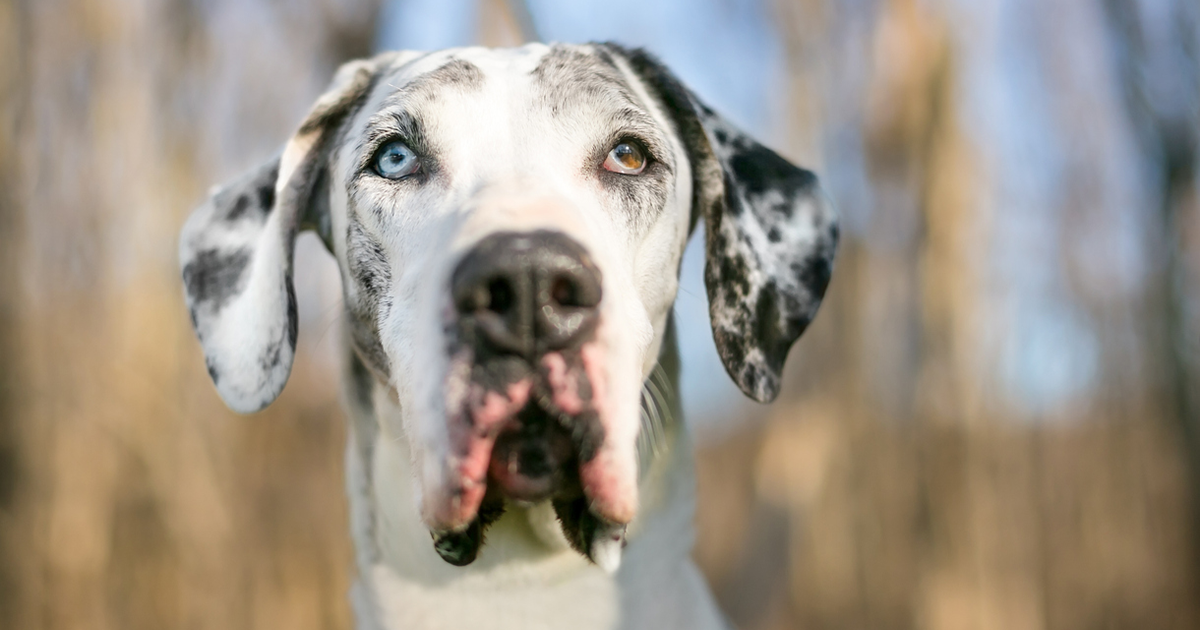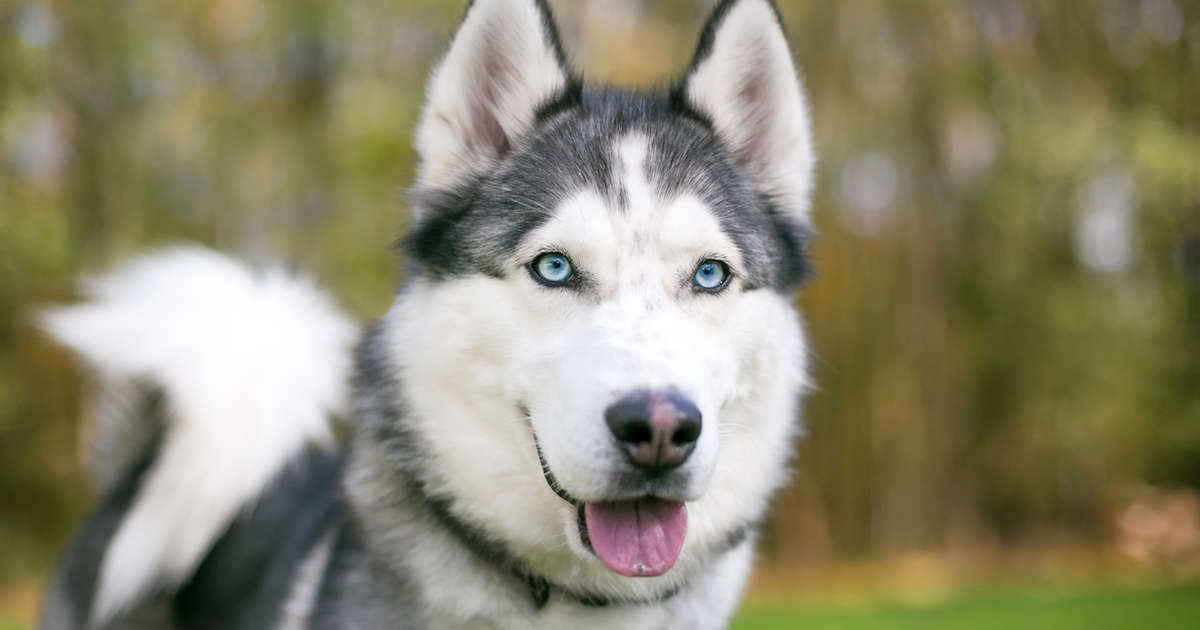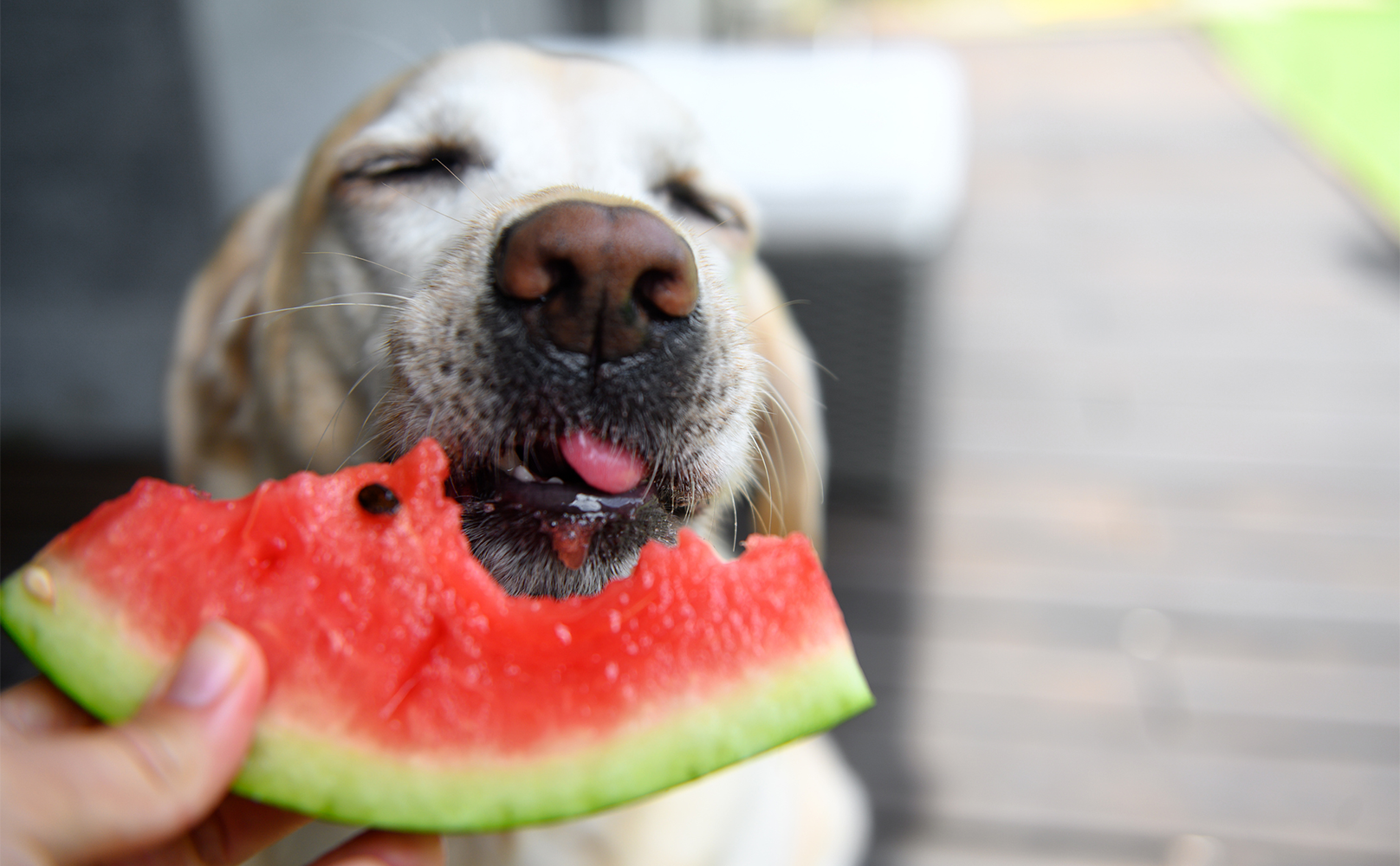One of the reasons I am so excited about writing the “Walking the Walk” series for BarkPost is I think it’s important that we take time to acknowledge the good work we’re all accomplishing for animals in this country. It is so easy to concentrate on the never-ending needs that we sometimes forget to take joy in the good we have done. When we stop acknowledging our achievements, we begin to have issues of our own.
There have been times in the past when I just felt sad and unable to continue. Nothing I could put my finger on, just a sense of hopelessness. Pictures on Facebook were hurting my soul. Stories of loss and grief and pain were leaving me feeling panicked. I just felt like I didn’t have enough time, energy or money to make any kind of dent in the horrific needs I was seeing every day. It wasn’t until I started doing some research that I finally figured out what was going on.
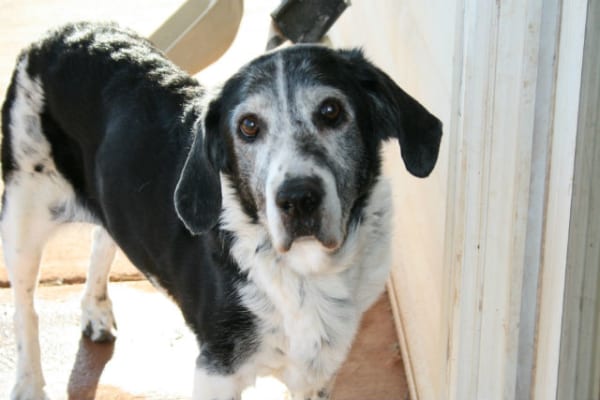

I work in animal rescue. Each day I deal with phone calls from people who are tired of their companions. I work with pets who have obviously been traumatized and abused. I offer information and resources to groups working with hoarders. I try and educate the general public, who really don’t have a clue about the plight of companion animals. There are too many animals needing placement and not enough good foster or adoptive homes to go around. It is wearing on a person physically, emotionally and mentally. There is a name for this feeling of helplessness: Compassion Fatigue (CF).
According to Dr. Charles Figely from the Florida State University Traumatology Institute, “Compassion Fatigue is emotional exhaustion, caused by the stress of caring for traumatized or suffering animals or people.”
Studies show that animal care professionals are the #1 most vulnerable group to experience CF and burnout. Why? Because of the sheer number of animals that need help, who are suffering at the hands of humans. It doesn’t help that Facebook inundates us with stories of animals who have been abused, dogs on death row, birds killed in horrific ways, dogfighting/hoarding/puppy mill stories. It is important that we share those stories. But there comes a point when all the pain, all the suffering, starts to adversely affect us.
What causes burnout? Experts tell us that being constantly exposed to the harsh, painful realities of animal abuse can cause us to shut down emotionally. Some of the other triggers include:
1. Never-ending volume of animals needing assistance
2. Dealing with an ignorant public
3. Trying to do all you can with limited resources
4. Little or no life outside of rescue
The first step toward dealing with CF is to realize what is going on. Recognizing the symptoms can help us identify the problem and take steps to deal with it. I was able to compile is a list of common symptoms of the condition. (Please note that not all of these need to be present to be experiencing animal care burnout.)
Apathy; hopelessness; decrease in pleasure; symptoms of stress, anxiety or depression; sleeplessness or nightmares; gastrointestinal problems; exhaustion; sense of losing “self”; sense of hopelessness or helplessness; feeling that our efforts are futile; wanting to quit; sudden anger or sadness; self-destructive behavior (drinking, drugs, over-eating, gambling, retail therapy); loss of productivity; inability to focus; and self-doubt.
Many of us were taught from a very early age to think first of others. To put other’s needs before our own. To become “caregivers”. There is nothing wrong with taking care of others…as long as we remember to take of ourselves as well. During the safety talk on every airline the attendant instructs us to, in case of need, place the oxygen mask on ourselves first before helping other with theirs. We must be able to breathe to be effective for others.
[bp_related_article]
There is no knowing if or when you are at risk of “burnout”. It isn’t more prevalent in men or women, it doesn’t affect anyone based on age or length of time in the field. It does tend to affect people who do not have a clear boundary between home and rescue. If you think you might be moving towards CF, there is a wonderful self-test that you can take at home. There’s even a hand-out specifically designed for animal welfare professionals.
What it comes down to is being aware of what is going on and taking steps to address it. Dr. James Fogarty, an expert in stress management, has some great suggestions, including:
1. Talk about your experiences with enough detail that you can connect emotionally with what happened.
2. Acknowledge and safely express your feelings
3. Brainstorm options and take action
4. Take care of yourself


The best way to take care of yourself is to make sure to eat well, exercise, get enough sleep and have interests outside of animal welfare. Make yourself leave the house and take part in social activities in the “real world”. Spend time with friends who are not involved in rescue. Get out and experience nature. Take a nap. Take a walk, with a dog or alone.
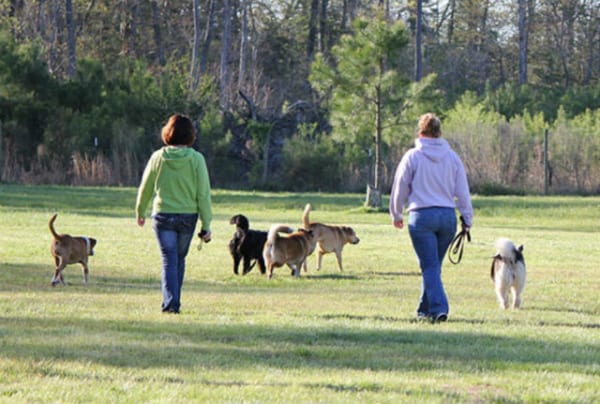

My writing actually serves to help me with my own sense of burn-out. The research I am doing helps me formulate a plan to deal with animal welfare issues, and gives me a sense of power and control. It allows me to concentrate on the positive rather than just the sense of overwhelming need.
It is just as important to be aware of what we are personally putting out there, in our posts, writing, and pictures. Are we concentrating on the negative to the degree that we are affecting how other’s begin to feel? Take a moment to share the successes as well as the urgent needs. Doing something fun or silly for animal welfare is just as beneficial as sharing the critical issues. The Pin-ups for Pit Bulls Calendar has been a great fundraiser, because it is fun and upbeat. Laughter is a great release and an excellent tool to promote mental health. We all need to have a sense that we are actually making a difference, that things aren’t as dire as we fear. Humor can help us do that.
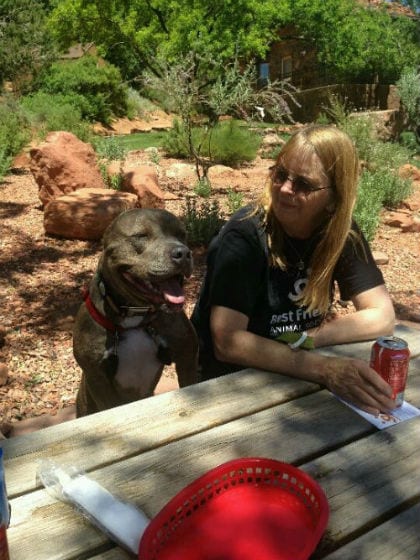

If you start feeling like you can’t do enough to help, you need to take a step back and do something pleasurable for awhile. We can’t just concentrate on the mountains we still have to climb…every once in awhile we need to take a moment to celebrate the ones we have already conquered.
All images via JC Johnson (unless stated otherwise)



